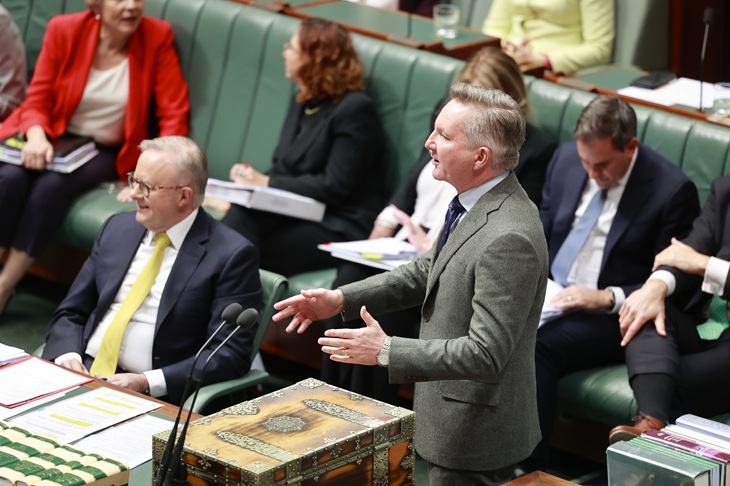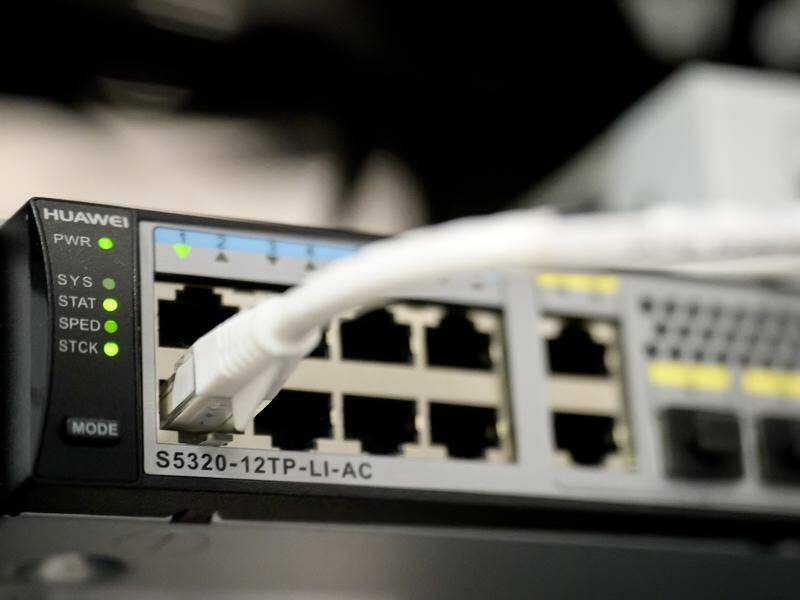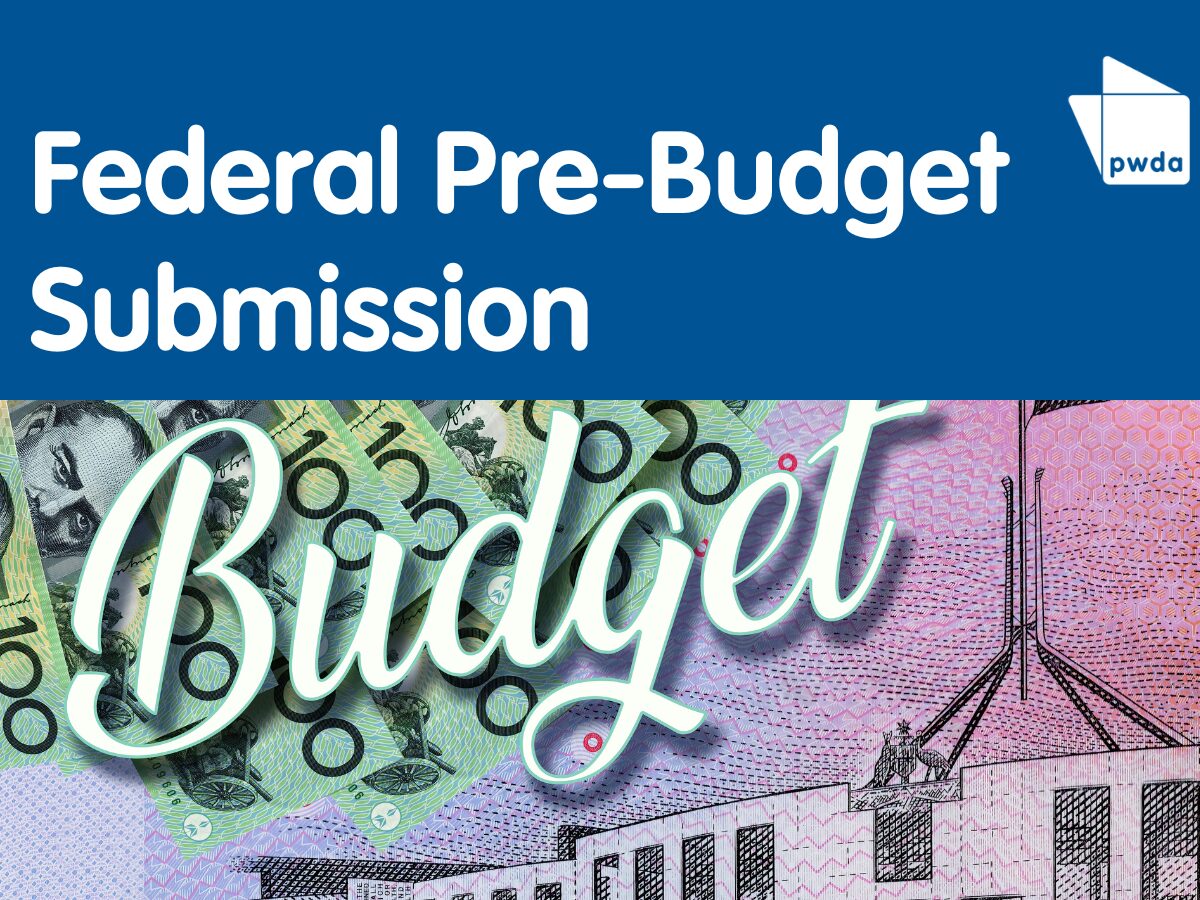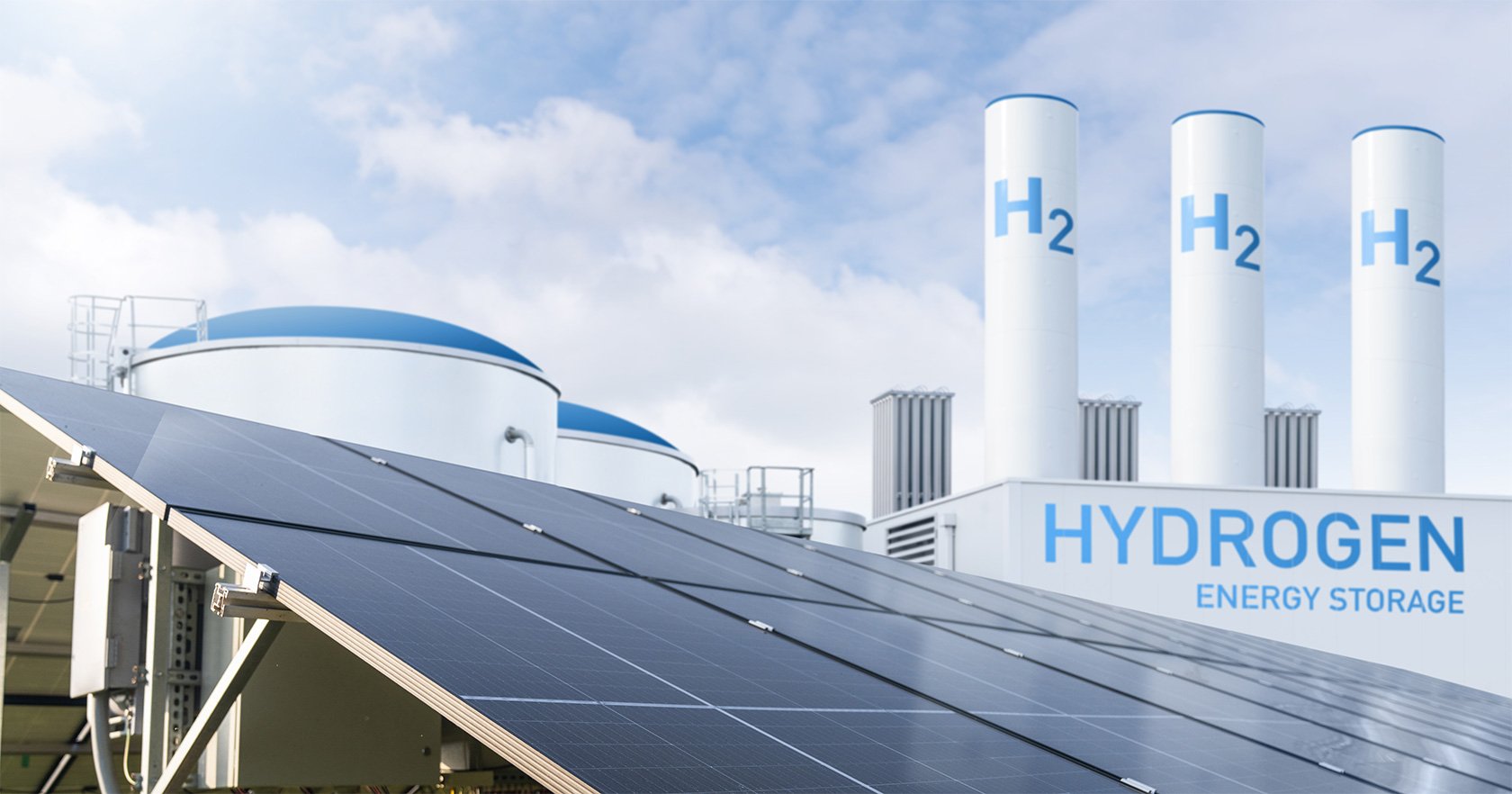
CANBERRA, AUSTRALIA - OCTOBER 07: Minister for Climate Change and Energy The Hon Chris Bowen MP speaks in Question Time on October 07, 2025 in Canberra, Australia. Australia's parliament convened for sittings as a number of pressing issues come to the fore, from inflation and cost of living domestically to Australia's relationship with its allies in the region and beyond internationally. (Photo by Hilary Wardhaugh/Getty Images)
UPDATE: Australia’s energy policy is under intense scrutiny as Minister Chris Bowen defends his unwavering focus on wind, solar, and batteries, dismissing nuclear power as a viable option. Critics argue that this narrow approach limits Australia’s energy flexibility at a crucial time for the nation.
Just announced, Bowen’s latest article in The Australian outlines his commitment to renewables as the primary solution for Australia’s energy future. However, experts point out that his stance neglects essential realities about energy production, including growing costs and community pushback against land clearing for renewable projects.
Energy analysts emphasize that Bowen’s dismissal of nuclear power fails to consider its proven reliability. According to the World Nuclear Association, the global average capacity factor for nuclear reactors reached 81.5% in 2023, demonstrating that nuclear plants operate at full power more than four-fifths of the year. In contrast, Bowen’s claims that renewables are cheaper overlook the hidden costs associated with transitioning to a renewable-only grid.
The International Energy Agency reports that nuclear energy supplies around 20% of electricity in advanced economies and over 65% in France, a country recognized for its low-carbon grid. In 2023 alone, nuclear power helped avoid 2.1 billion tonnes of CO2 emissions, making it a vital player in the global energy landscape.
Critics highlight the absurdity of Australia exporting 8% of the world’s uranium while refusing to utilize its resources domestically. This approach not only undermines national energy security but also sidelines Australia in a global race towards clean energy production. Experts argue that without a nuclear strategy, Australia risks losing high-value manufacturing jobs and strategic control over energy resources.
The urgency of this issue is magnified as neighboring countries like Indonesia and Rosatom advance plans for small modular reactors, signaling a strategic shift in Southeast Asia’s energy landscape. Australia’s current stance could leave it vulnerable and dependent on external energy solutions, further eroding its industrial capacity.
Bowen’s assertion that renewables are the cheapest option is challenged by the reality of energy demands. As the sun sets and wind dies down, backup power, massive batteries, and new transmission lines become necessary, inflating costs significantly. The CSIRO warns that these expenses can skyrocket once renewables exceed 50-60% of the energy mix.
Meanwhile, Ontario recently approved the construction of a 300 MW small modular reactor, set to deliver power for around 300,000 homes by 2030. This decision underscores a growing trend among advanced economies, which view nuclear energy as a strategic asset rather than a supplementary option. Countries like the United States, United Kingdom, South Korea, and Japan are intensifying their nuclear programs, positioning themselves for a sustainable future.
As Australia grapples with its energy policy, the question remains: Why dismiss nuclear before exploring its potential benefits? If nuclear power can deliver where renewables cannot, lifting the ban could protect households and industries alike, ensuring national resilience.
The urgency for Australia to reconsider its nuclear stance is clear. The nation stands out as the only advanced economy aiming to decarbonize without a credible zero-carbon backup. As the energy landscape evolves, Australia’s choices today will have lasting implications for its energy independence, economic stability, and environmental future.
In this context, the call for a reevaluation of nuclear power is not just a matter of energy policy but a critical step toward securing Australia’s future. As the debate continues, the nation watches closely, knowing the stakes have never been higher.






